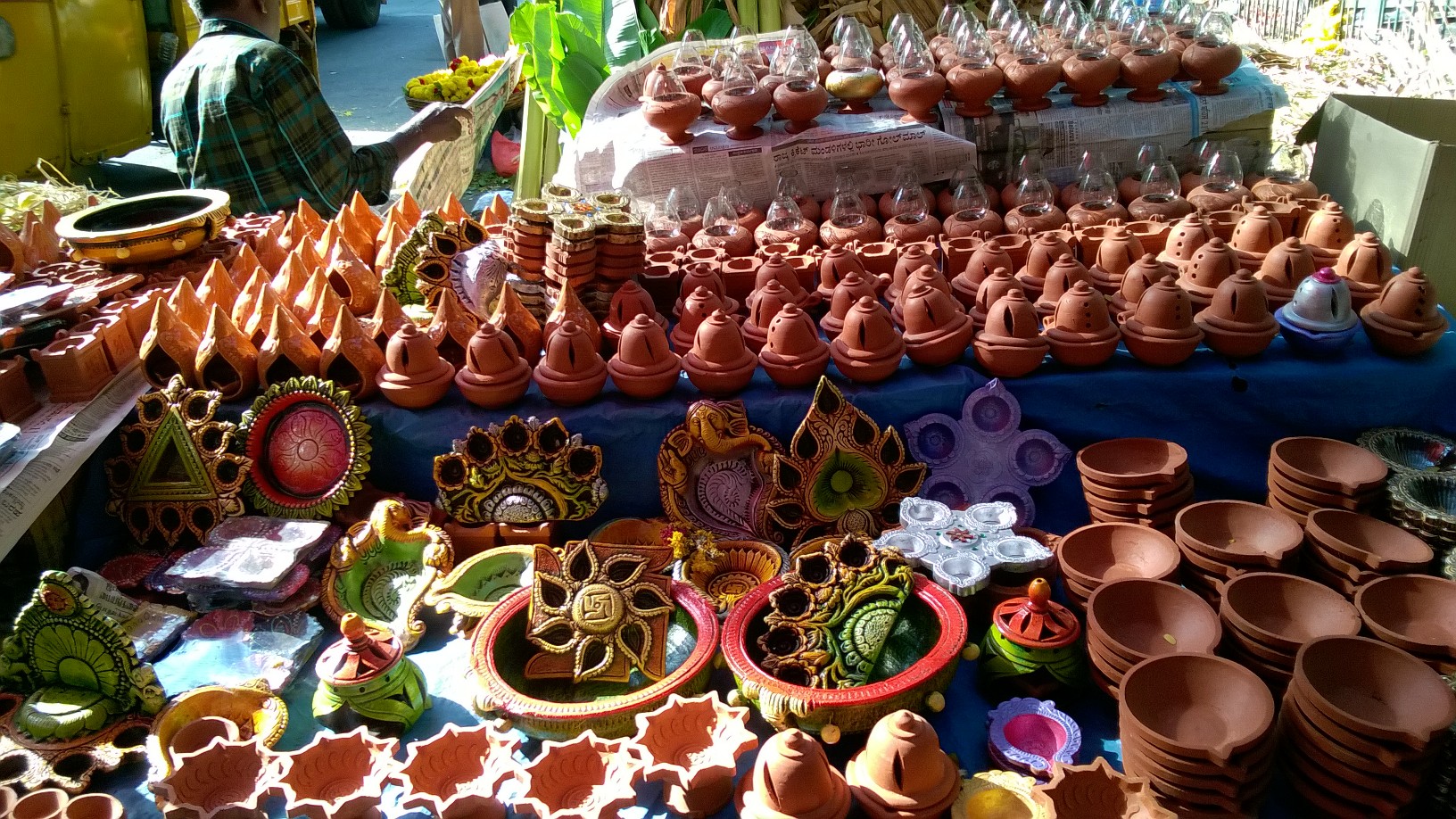Let There Be Light
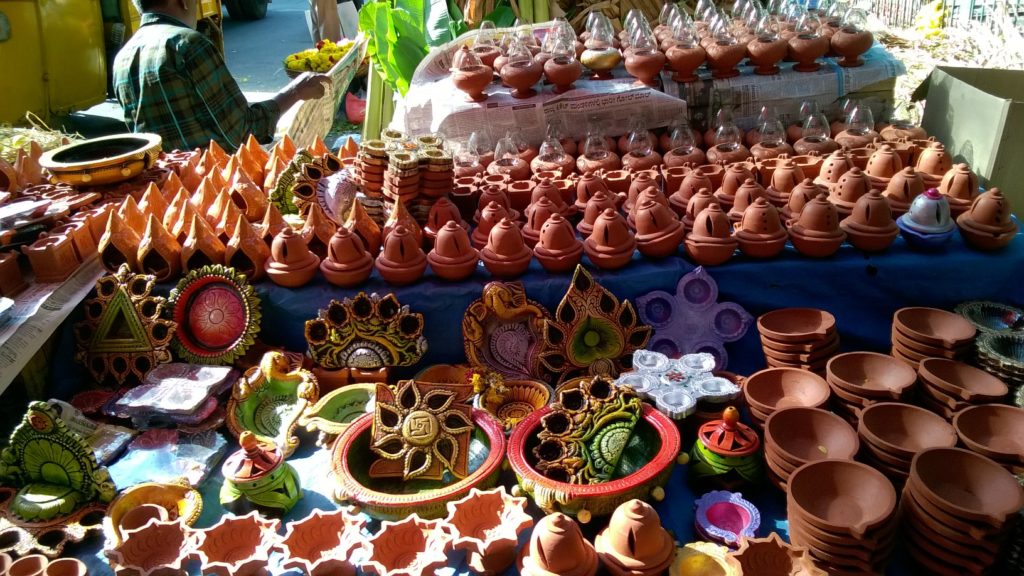
It is that month of the year when India gears up to celebrate arguably its most favourite festival – Diwali. So while you are getting ready here are some interesting stories, legends and customs that will give you food for thought.
The festival of lights has an important connotation as it has a history that dates back to time immemorial. In fact Diwali traditions are deep rooted in mythology and refer to two of the most revered texts – the Ramayana and Mahabharata. Diwali is celebrated to honour the victory of Lord Rama over King Ravana and his return home after his 14 year old exile. In South India the festival is celebrated to mark the victory of Lord Krishna over Narakasura as documented in the Mahabharata. In East India, it is believed that Goddess Kali defeated the demon Bakasura on Diwali. Naturally Diwali is counted amongst the most important festivals in the country and the celebrations gone on for five whole days in several parts. Celebrations start by cleansing the house by disposing unwanted things, cleaning, repainting and refurbishing as basically it is believed that Lakshmi will feel welcome in a clean home. Likewise lighting lamps is an important tradition because it is believed that illumination of homes is a must to invite good fortune. Lighting lamps is in fact a symbol of light over darkness and the victory of knowledge over ignorance. While these are some basics, there are traditions that vary based on local beliefs and cultures. Even the card parties of today have a religious connection. It is believed that Goddess Parvati was very amused by the concept of gambling while playing a dice roll with Lord Shiva and she announced that anyone who plays dice on this day, would be showered with wealth. Likewise on Dhanteras it is widely believed that gold and silver should be purchased as it is done in order to worship the lord of wealth – Lord Kubera.
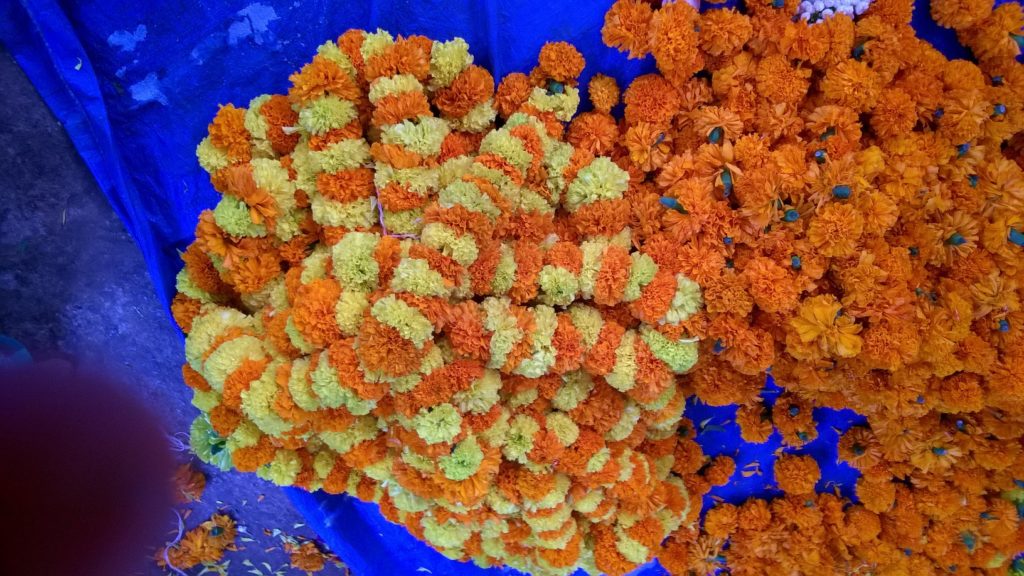
Divinity Calling
The festivities of Diwali are inextricably tied with faith. The temples of Mathura and Nathadwara celebrate Diwali differently. Here the deities are bathed in milk and adorned with precious clothes and ornaments and a large number of delicacies are offered to the Lord. In several parts of Andhra Pradesh, there are performances of Harikatha staged. This is akin to a musical drama that narrates the story of Lord Hari and some stories indicate that one of Krishna’s wives Sathyabhama killed the demon Narakasura so her idol is also placed and offered food! In fact Jains celebrate a festival of lights to commemorate the attainment of nirvana by Saint Mahavira on the same night as Diwali. Likewise the Sikhs celebrate Bandi Chhor Divas to commemorate the release of Guru Hargobind – who along with 52 others were detained in the Gwalior Fort by the Mughal emperor Jehangir. A few Newar Buddhists also celebrate Diwali marking it as a date of Ashoka’s conversion to Buddhism. In Eastern India, especially in Assam and West Bengal, Diwali is an auspicious time to worship Goddess Kali and unlike the rest of the country where Goddess Lakshmi is worshiped, Kali is worshipped in these parts. Diwali is also a day when people pray to the elephant-headed god Ganesha as a symbol of auspiciousness, wisdom and new beginnings.
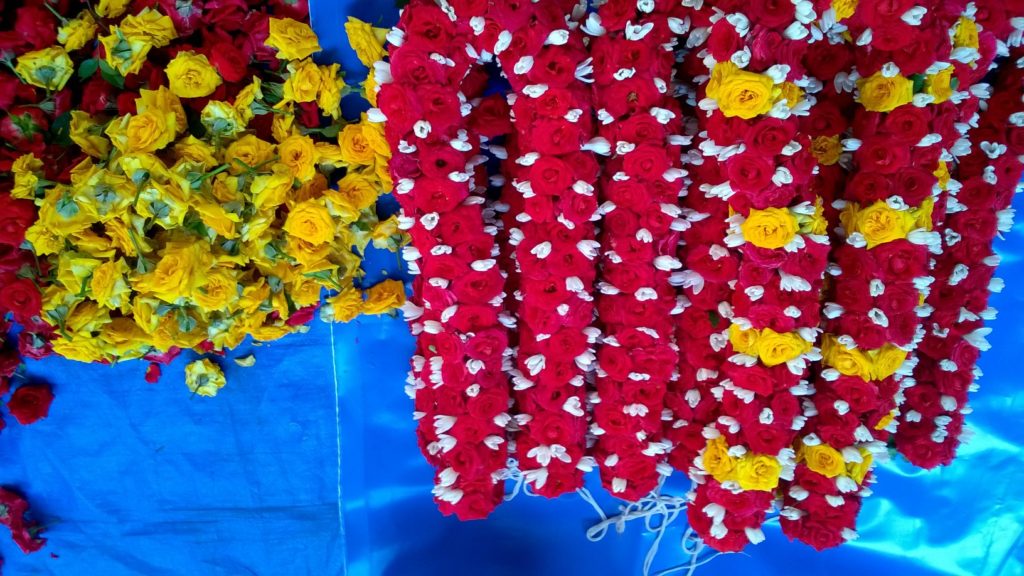
Traditions Galore
The fact that India is a land of diverse cultures can hardly be over emphasized. Likewise Diwali is celebrated with myriad interpretations across the land. In North India, people generally use the festival as an excuse to meet relatives and friends and also exchange gifts. For the Gujarati community, it is a cause for a double celebration as apart from Diwali, they also celebrate the Gujarati New Year the day after Diwali. In fact many businessmen close the financial books of the previous year and worship their new accounts books on Diwali. In North Karnataka, Diwali starts with the worship of vessels with water and gold on Dhanteras. Unmarried girls from the nomadic Lambani tribes of Karnarka celebrate Diwali and men and married women are kept out of the festivities. In some villages in Belgaum, Diwali is celebrated with a castle building competition among the children judged by the elders of the village. Maharashtra celebrates the festival for five days and they also pray to the cow and its calf celebrating motherhood. Similarly cattle are worshipped in South India as cows are considered as incarnation of Lakshmi. In the interiors of Himachal Pradesh, Bhuddhi Diwali is celebrated by dancing around bonfire and through animal sacrifices a month after Diwali as it is said that the news of Lord Ram’s return to Ayodhya reached them late in those days. In Punjab, the day after Diwali is called Tikka and sisters make a paste with saffron and rice and place it on their brother’s forehead as a symbol of protection. Whatever the tradition remember that Diwali is celebrate don the darkest night, illuminated with the brightest lights – and so to in your life welcome light!
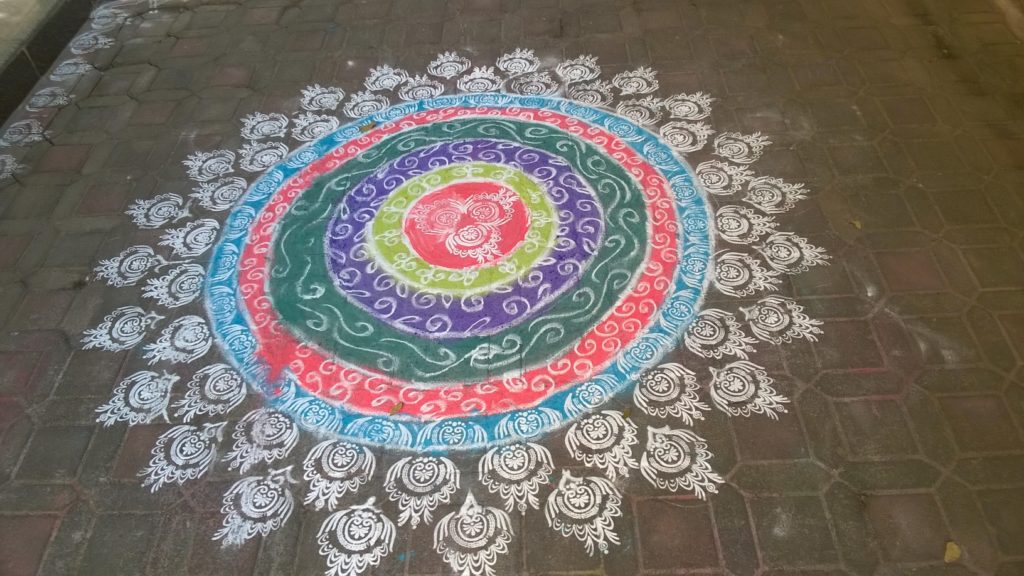
Diwali Checklist
- Clean your home; use the occasion to de-clutter.
- Put up festive decorations with lots of lights.
- Do a Lakshmi Puja in the evening and keep your doors open.
- Let the dice roll – have a card party.
- Indulge in luxe shopping – buy gold.
- Make traditional sweets –this is the time to indulge.
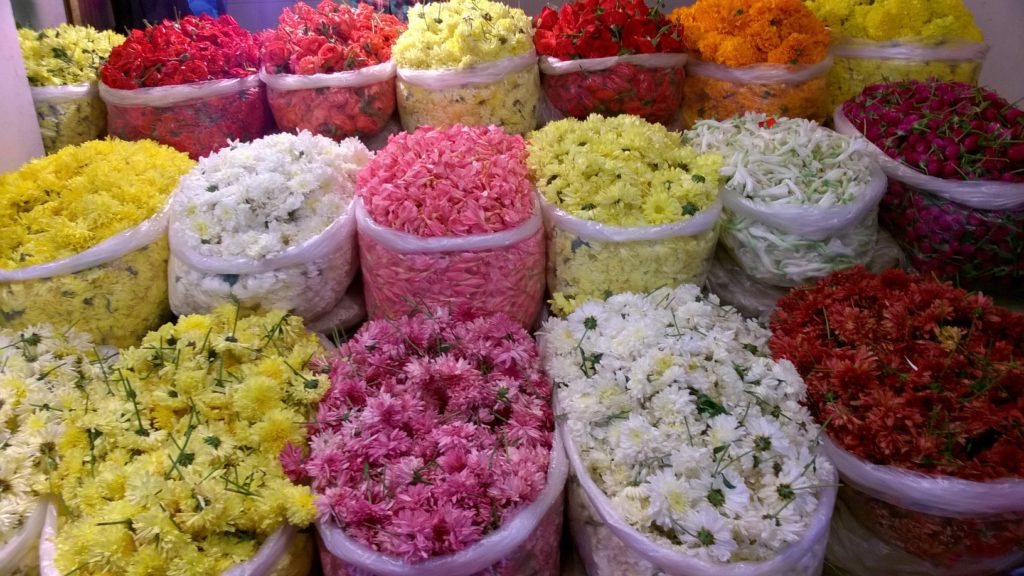
The Five Day Festivities
- Day 1: Dhanteras is celebrated as the birthdays of the Goddess of Wealth Lakshmi and the God of Health and Healing Dhanvantari. This is the day reserved for shopping for gold or silver articles.
- Day 2: Narak Chaturdasi or Choti Diwali involves making sweets, drawing colourful rangolis and special bathing rituals.
- Day 3: Lakshmi Puja is the day when everyone wears new clothes and pray to Goddess Lakshmi in the evening.
- Day 4: Padwa celebrates the bond and love between a wife and husband where husbands give gifts to their wives.
- Day 5: Bhai Duj celebrates the sister-brother bond when siblings celebrate together and sisters give gifts to their brothers.
This story appeared in the Oct 2016 issue of Spice Route – the inflight magazine of Spicejet Airline here: Diwali
